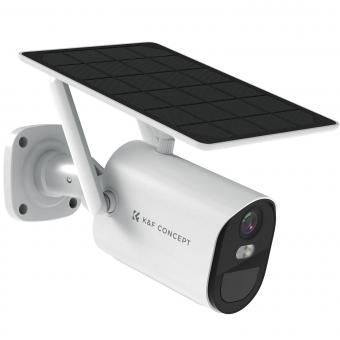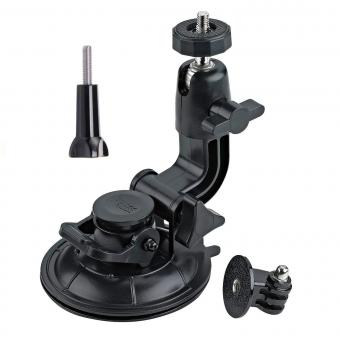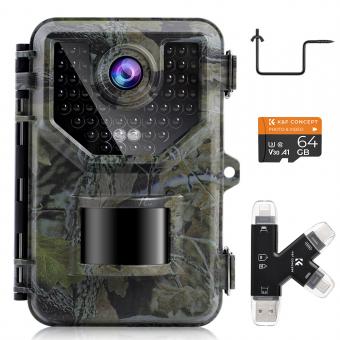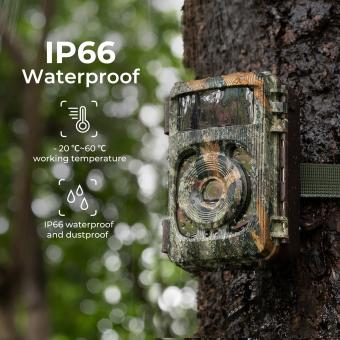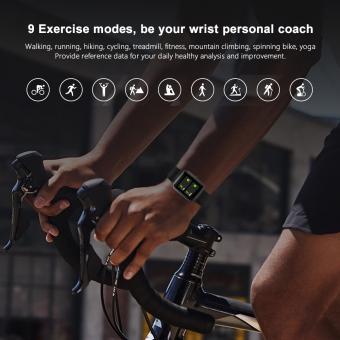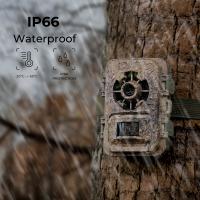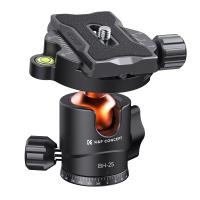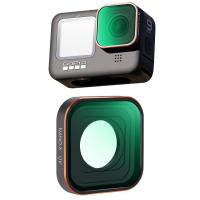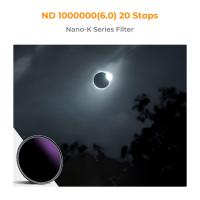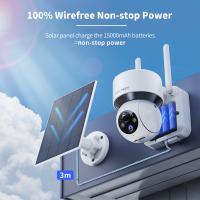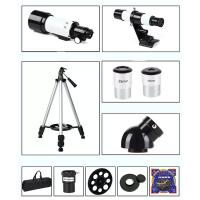Can A Camera Be Pointed At My House?
In today's world, where technology is rapidly advancing, privacy concerns are becoming increasingly prevalent. One common question that arises is whether a camera can be pointed at your house. This issue touches on various aspects, including legal, ethical, and practical considerations. In this article, we will explore these dimensions to provide a comprehensive understanding of the topic and offer practical advice for those who find themselves in such a situation.
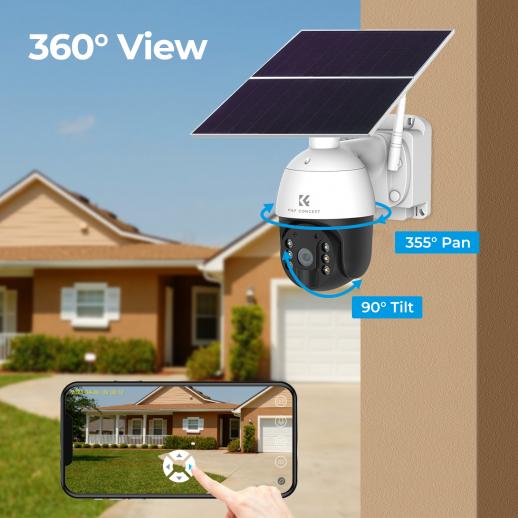
Legal Considerations
The legality of pointing a camera at someone's house varies significantly depending on the jurisdiction. However, there are some general principles that can be applied universally.
Public vs. Private Property
One of the primary legal distinctions is whether the camera is on public or private property. Generally, if a camera is placed on public property, such as a street or a park, it is more likely to be considered legal. This is because there is a lower expectation of privacy in public spaces. Conversely, if a camera is placed on private property without the owner's consent, it may be considered an invasion of privacy.
Reasonable Expectation of Privacy
The concept of a "reasonable expectation of privacy" is crucial in determining the legality of surveillance. In most jurisdictions, individuals have a reasonable expectation of privacy within their homes and on their private property. If a camera is pointed directly into someone's home or private yard, it may violate privacy laws.
Surveillance Laws
Many countries have specific laws governing surveillance. For example, in the United States, the Fourth Amendment protects against unreasonable searches and seizures, which can extend to certain types of surveillance. Additionally, various state laws may impose restrictions on where and how cameras can be used. In the European Union, the General Data Protection Regulation (GDPR) imposes strict rules on data collection, including video surveillance.
Ethical Considerations
Even if pointing a camera at someone's house is legal, it may not be ethical. Ethical considerations often revolve around respect for privacy and the potential for harm.
Respect for Privacy
Respecting an individual's privacy is a fundamental ethical principle. Pointing a camera at someone's house without their consent can be seen as a violation of this principle. It can create a sense of intrusion and discomfort for the person being surveilled.
Potential for Harm
The potential for harm is another important ethical consideration. Surveillance can lead to various negative outcomes, such as stress, anxiety, and a feeling of being constantly watched. In extreme cases, it can even lead to harassment or stalking.
Practical Considerations
Beyond legal and ethical issues, there are practical considerations to keep in mind if you find a camera pointed at your house.
Identifying the Camera Owner
The first step is to identify who owns the camera. This can often be determined by the camera's location. If it is on a neighbor's property, it is likely owned by them. If it is on public property, it may be owned by a government agency or a private company.
Communicating with the Camera Owner
Once you have identified the camera owner, the next step is to communicate your concerns. In many cases, the camera owner may not be aware that their camera is causing discomfort. A polite conversation can often resolve the issue without the need for legal action.
Seeking Legal Advice
If communication with the camera owner does not resolve the issue, it may be necessary to seek legal advice. A lawyer can help you understand your rights and the legal options available to you. This may include filing a complaint with local authorities or pursuing legal action.
Technological Solutions
In addition to legal and ethical considerations, there are technological solutions that can help protect your privacy.
Privacy Screens and Fences
One simple solution is to install privacy screens or fences around your property. This can block the camera's view and provide a greater sense of privacy.
Security Cameras
Installing your own security cameras can also be a deterrent. If the camera owner knows that they are being watched, they may be less likely to continue their surveillance.
Anti-Surveillance Technology
There are also various anti-surveillance technologies available, such as camera jammers and signal blockers. However, it is important to note that the use of such devices may be illegal in some jurisdictions.
Case Studies
To provide a more concrete understanding of the issue, let's look at a few case studies.
Case Study 1: Neighbor Dispute
In one case, a homeowner discovered that their neighbor had installed a camera that pointed directly into their backyard. The homeowner felt that their privacy was being invaded and approached the neighbor to discuss the issue. The neighbor explained that the camera was intended to monitor their own property and was not meant to invade the homeowner's privacy. After a polite conversation, the neighbor agreed to reposition the camera to avoid capturing the homeowner's yard.
Case Study 2: Government Surveillance
In another case, a resident noticed a camera installed on a streetlight that pointed towards their house. After some investigation, they discovered that the camera was part of a government surveillance program aimed at monitoring public spaces. The resident felt uncomfortable with the camera's placement and filed a complaint with the local government. After reviewing the complaint, the government agreed to reposition the camera to focus on the street rather than the resident's house.
The question of whether a camera can be pointed at your house is complex and multifaceted. It involves legal, ethical, and practical considerations that must be carefully weighed. While the legality of such surveillance varies by jurisdiction, it is generally considered unethical to invade someone's privacy without their consent. Practical solutions, such as communicating with the camera owner or seeking legal advice, can often resolve the issue. Additionally, technological solutions can help protect your privacy. By understanding the various dimensions of this issue, you can take informed steps to safeguard your privacy and address any concerns that arise.





